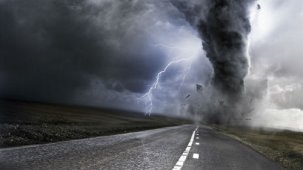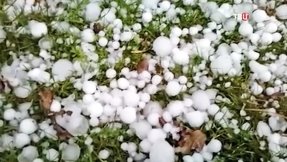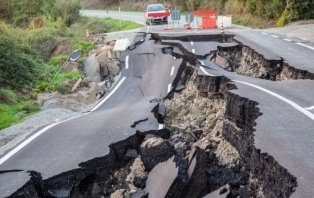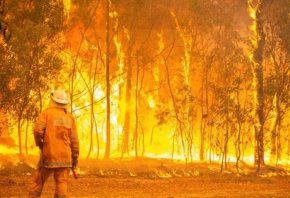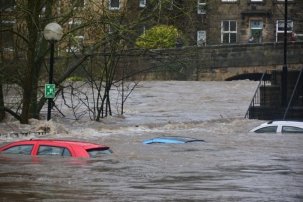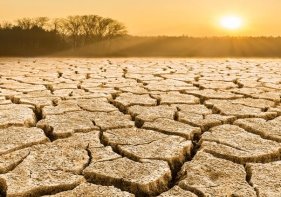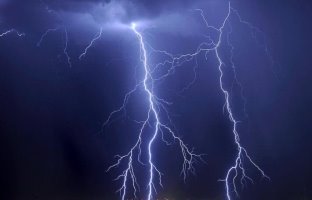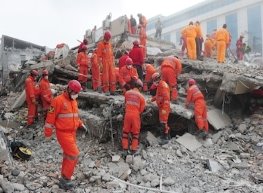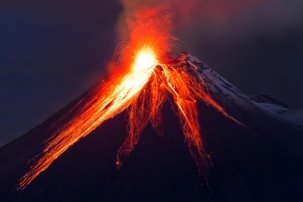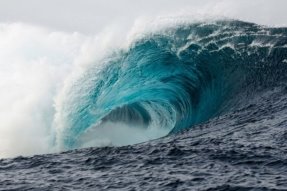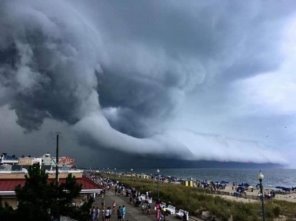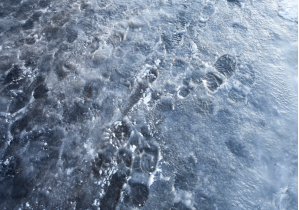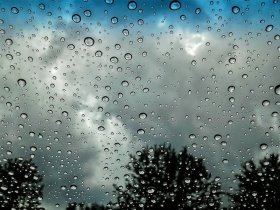Урок Clil на тему : "Mother nature and natural disasters"
Управління освіти Мелітопольської міської ради Запорізької області
Ліцей № 5 ММР ЗО
Тема уроку: « Mother nature and natural disasters»
Урок розроблено Шишман А.С.,
вчителем англійської мови вищої категорії

Мелітополь 2020 р.
CLIL Lesson Plan
|
Class: 8 |
Time-90 minutes |
|
Topic: Mother nature and natural disasters |
|
|
Aims
|
|
|
Learning outcomes: By the end of the lesson students will be able to: - use set expressions and natural disaster vocabulary to speak about the nasty weather, - ask questions about weather conditions using past tenses, - make a poster about natural disasters in different regions, - understand the recording about natural disasters and find the missing information.
|
|
|
Content
|
Cognition
|
|
Communication
|
Culture
|
|
Materials and resources:
2. www.onestopclil.com .
3. CLIL, International education
5. Natural disasters student worksheet. Internet links: http://news.bbc.co.uk/1/hi/sci/tech/4588149.stm - animated guide to extreme weather phenomena. 8.Articles about natural disasters: http://www.theguardian.com/world/natural-disasters
|
|||||||||||||||||||||||||||||||
|
Procedure |
|||||||||||||||||||||||||||||||
|
(10
Predicting |
Students predict the geographical content of the text (location, climate, extreme weather). |
||||||||||||||||||||||||||||||
|
|
Students listen to the text and compare what they heard to their predictions. (Task 2 on worksheet)
The teacher provides an example of a framework (Task 1 on worksheet)
Students fill in the mind map with the different kinds of the extreme weather and natural disasters. Then they compare their answers with each other in groups. Teacher does feedback with the whole group.
TIP: The teacher may read the text, make a semi-authentic recording of the text, or use the text as a dictogloss activity, depending on level and time available. |
||||||||||||||||||||||||||||||
|
3. Task 3:
(10
|
Students are given the text (Task 2 on worksheet) and a chart to record lexis. After listening task the students do the listening gap fill activity. I don’t know about you, but I think there are more -------------now than before. Every time I turn on the news there’s some kind of disaster. There are ---------- in Australia and California, ----------in China, --------------in Mexico _______in Africa. I’m sure ---------- is creating more natural disasters. I’m lucky. Where I live, we don’t really have natural disasters. I’ve never experienced anything like the things on TV. Japan has many natural disasters. They have earthquakes, --------, --------, ---------, all kinds of things. They are lucky they have the money to deal with them. There are countries in Africa that aren’t rich. When a natural disaster hits them, everyone suffers terribly.
Teacher does feedback with the whole group.
|
||||||||||||||||||||||||||||||
|
4.Task 4: Writing comprehension (15 minutes) |
A game “Stop, go back dictation”
|
||||||||||||||||||||||||||||||
|
Pictionary. |
Copy and cut up a set of the word cards. Divide the board in two and the students into two teams. Ask one volunteer from each team to come up to the board and show both
|
||||||||||||||||||||||||||||||
|
6.Task 6 : A vocabulary game “Same as the teacher” (5 minutes)
|
Make a list of 12 different words from a topic depending on your learners' level. Prepare your answer sheet with the chosen words. Explain to the learners that they have one minute to write down as many words as they can think of that relate to the topic that you give them. They will receive one point for every word that is the same as yours and a bonus of five if they get all twelve.
|
||||||||||||||||||||||||||||||
|
7.Task 7. Speaking activities (10-15 minutes)
|
Prompt their answers by writing sentence starters next to the questions:
|
||||||||||||||||||||||||||||||
|
Assessment: (15 minutes) |
Students work in groups or pairs, choose one of the natural disasters, make a poster about how to behave in the situation of a natural disaster and present it to class. |
||||||||||||||||||||||||||||||
|
Homework |
Find information about natural disasters in different regions of Ukraine. |
||||||||||||||||||||||||||||||
CLIL lesson worksheet
![]() (Task 1 on worksheet) Mind map.
(Task 1 on worksheet) Mind map.
![]()
![]()
![]()
![]()


![]()
![]()
![]()
![]()
![]()
![]()
![]()
![]()
![]()
![]()
![]()
![]()
![]()
![]()
(Task 2 on worksheet)
TEXT.
I don’t know about you, but I think there are more natural disasters now than before. Every time I turn on the news there’s some kind of disaster. There are bushfires in Australia and California, earthquakes in China, hurricanes in Mexico and droughts in Africa. I’m sure global warming is creating more natural disasters. I’m lucky. Where I live, we don’t really have natural disasters. I’ve never experienced anything like the things on TV. Japan has many natural disasters. They have earthquakes, typhoons, flooding, volcanoes, all kinds of things. They are lucky they have the money to deal with them. There are countries in Africa that aren’t rich. When a natural disaster hits them, everyone suffers terribly.
(Task 3 on worksheet) Pictionary.
|
HURRICANE |
HAIL
|
|
EARTHQUAKE
|
BUSHFIRES |
|
FLOOD
|
DROUGHT |
|
LIGHTNING
|
RESCUE TEAM |
|
VOLCANO |
TSUNAMI |
|
GLOBAL WARMING
|
TYPHOON |
|
SLEET
|
DRIZZLE |
![]()
(Task 4 on worksheet) ” Same as the teacher’
12 words which are connected with the topic “ Natural disasters”.
Weather forecast, gale, flood, heat wave, hail, gale, blizzard, drizzle, thunder, sleet, drought, earthquake.

про публікацію авторської розробки
Додати розробку


